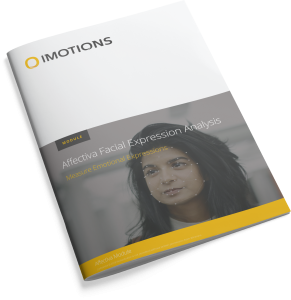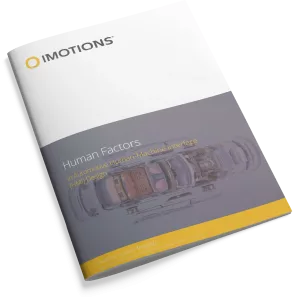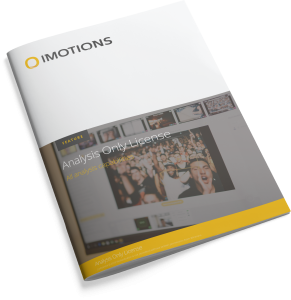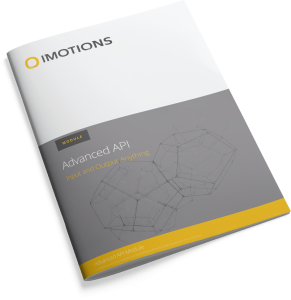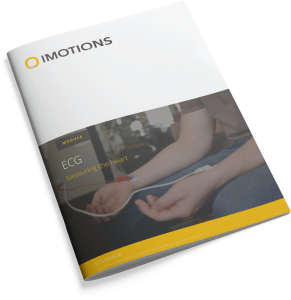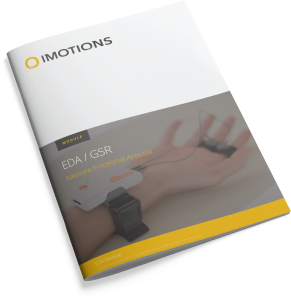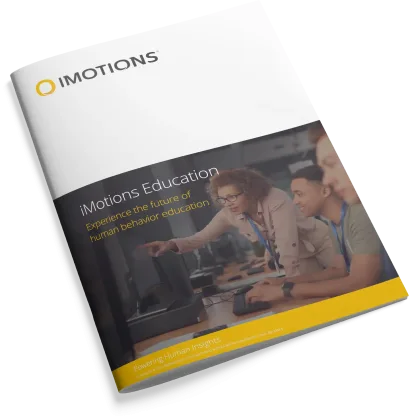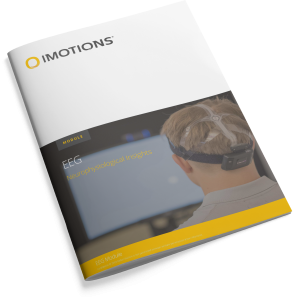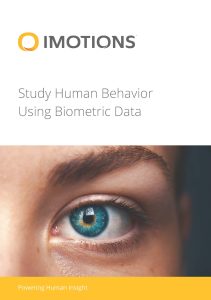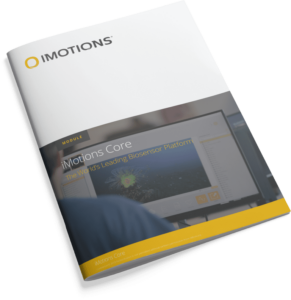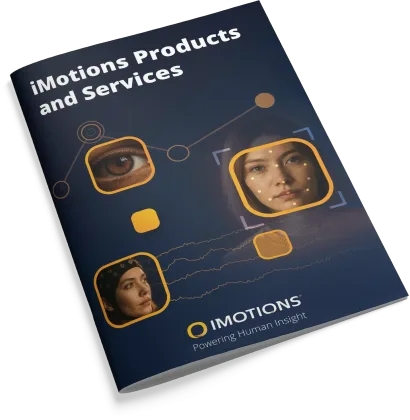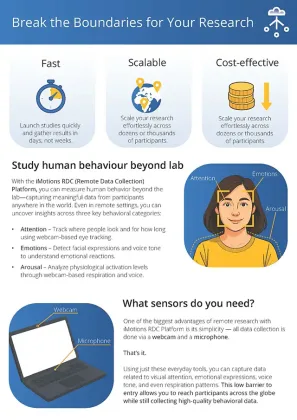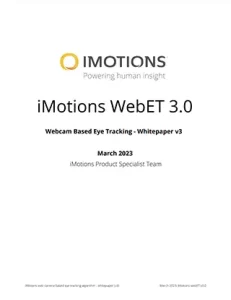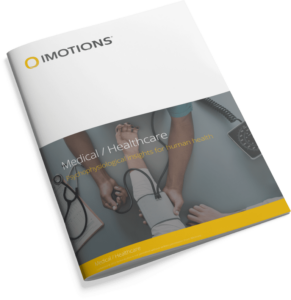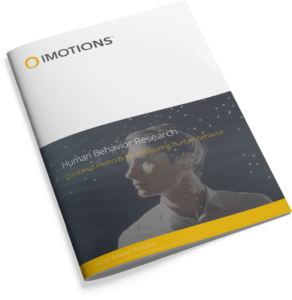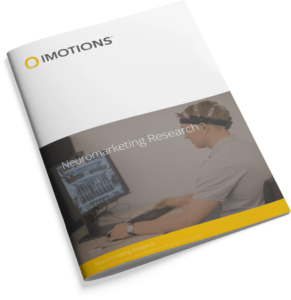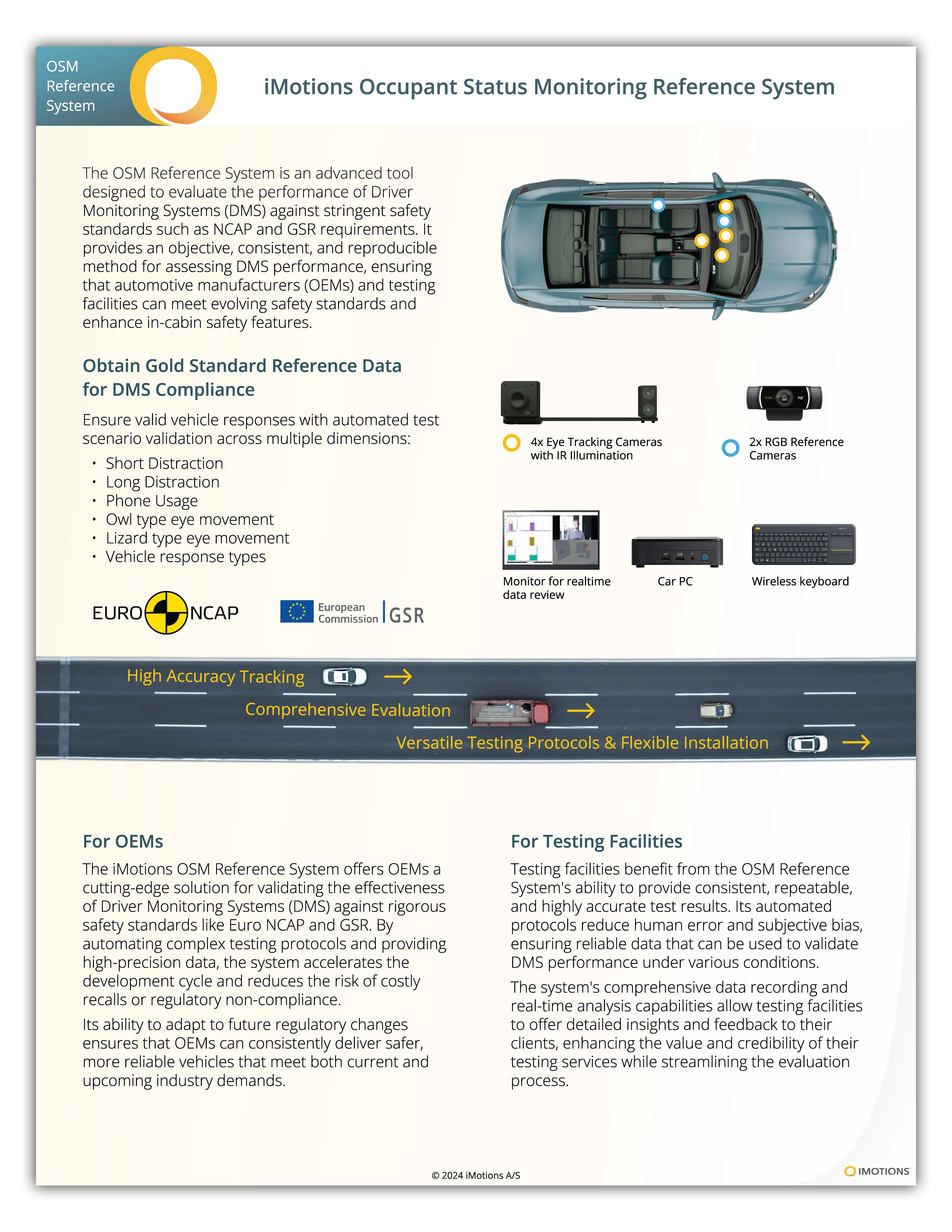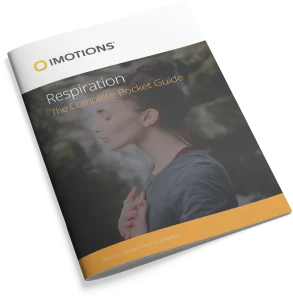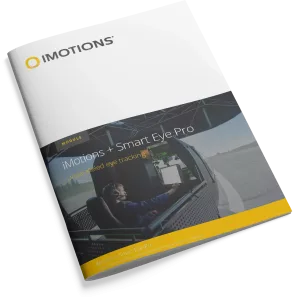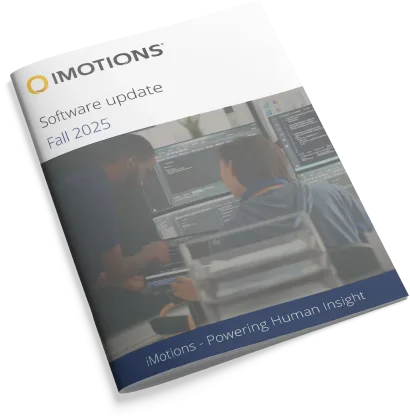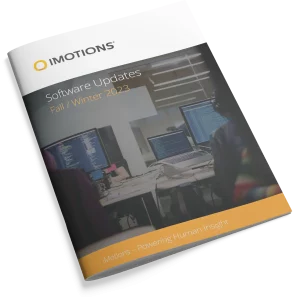Early detection of Autism Spectrum Disorder (ASD) is crucial to facilitate timely interventions, improve outcomes, and enhance the quality of life for individuals on the spectrum. Artificial intelligence and machine learning have significantly advanced the study of ASD by enabling sophisticated analyses of complex behavioural data, providing more accurate and timely detection methods. Nevertheless, existing research is mostly focused on either screening manual methods via psychological surveys, and/or the application of functional Magnetic Resonance Imaging. In the former case, there is a limitation due the subjectivity of the procedure; whereas in the latter the high cost represents a barrier to widespread use in diagnosis. In consideration of the aforementioned factors, this research contributes significantly to the field by integrating commodity wearable technology with psycho-healthcare, employing eye-tracking capabilities as a novel, non-invasive approach for early ASD diagnosis. Our methodology stands out by offering a comprehensive, four-step process that includes sophisticated image preprocessing, innovative feature extraction, precise classification, and a novel multi-instance aggregation strategy. We show its potential via a compelling case study that attests to the feasibility and efficacy of this innovative paradigm. Additionally, the work underscores prevailing challenges in the field, stressing some factors such as the acquisition of extensive and diverse datasets to allow for a multi-modal approach and the application of Trustworthy Artificial Intelligence.



